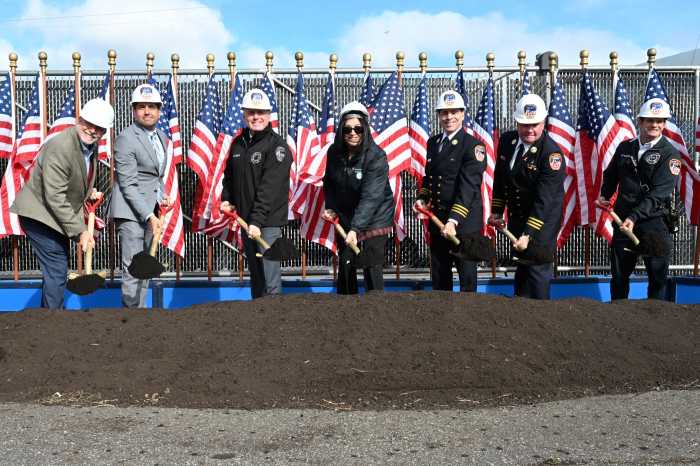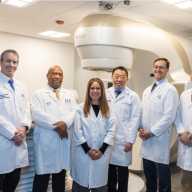With the Karina Vetrano murder investigation about to enter its fifth month, two representatives of Howard Beach announced their support of enhanced DNA testing to help find her killer.
State Senator Joseph Addabbo and Assemblywoman-elect Stacey Pheffer Amato recently sent a letter to the state Division of Criminal Justice Services urging them to authorize the use of familial DNA screening by detectives looking not only into the Howard Beach woman’s murder but also other unsolved homicide cases statewide.
Queens District Attorney Richard A. Brown first made the request for familial DNA screening earlier this month in a letter to the state Commission on Forensic Science; the commission later indicated that it would consider the matter at an upcoming meeting, which is scheduled for Feb. 10.
Familial DNA screening requires special testing on the Y chromosome and can produce common male profiles along the paternal lineage, leading potentially to a biological match of the culprit’s Y chromosome profile. It allows forensic investigators to further examine DNA profiles in databanks that closely resemble an unidentified DNA profile recovered from a crime scene. Once a partial match is found, it may indicate that the DNA belongs to a relative of the perpetrator.
Addabbo and Pheffer-Amato believe familial DNA tests will ultimately produce the big break in the Vetrano case that detectives have been looking for since her body was discovered in Spring Creek Park on Aug. 2. Police recovered genetic evidence from the crime scene and produced a DNA profile of Vetrano’s killer, but a search of national and local DNA criminal databanks yielded no matches.
“The tragic and brutal murder of Karina shook Howard Beach and the surrounding communities in many ways, and her family still must cope with the burden of her killer not yet being caught,” Addabbo said. “I believe it is imperative that we use the resources and technology we have available to not only find the person responsible for this young woman’s death and ensure the highest level of consequence, but to ease the fears of my constituents who know a dangerous individual is still out there.”
“Arming our law enforcement with the necessary tools is the least we can do to honor Karina, bring justice to her family and protect our community,” Pheffer Amato added. “I strongly urge the New York State Commission on Forensic Science to immediately authorize the use of this new investigative measure and will not rest until we do everything in our power to apply every resource possible to solve this case.”
Familial DNA testing is in practice in nine states across the country, but it has its detractors. The American Civil Liberties Union of Illinois outlined in 2011 a host of concerns about familial DNA screening, indicating that it may violate the privacy of relatives of convicted felons and opens the door for DNA testing to be used by private industry to deny jobs or services to individuals genetically linked to a criminal.



































